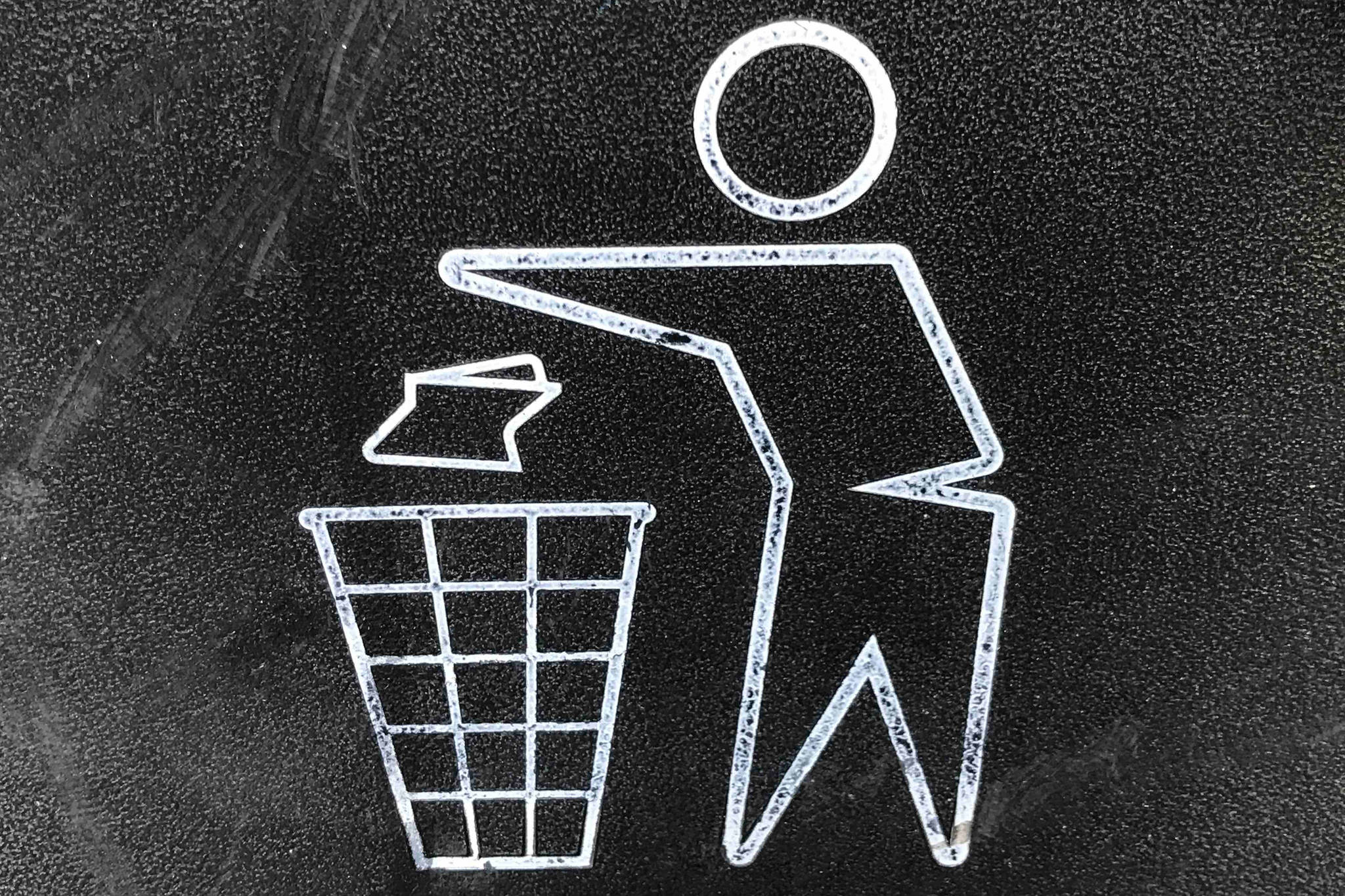Back on the campaign trail, Mike Dunleavy estimated the state budget could be reduced “several hundred million dollars” by auditing every department “to identify waste, fraud and duplication of services.” He might be right. But the bigger problem is the consumer culture in which waste is deemed a contributing factor to economic growth and prosperity.
[Dunleavy budget draft includes full dividend, not back pay]
In 1991, the state of Texas worked its way out of a $4.6 billion budget shortfall with the help of an audit by the state’s comptroller office. During the next 10 years, the Texas Performance Review saved the state $10 billion.
Don’t get too excited. That savings represented about 5 percent of the state’s spending. And it took additional revenue generated from minor tax increases and a new state lottery to balance the budget.
Eric Schnurer is the president of a consulting firm that’s conducted similar reviews of various government entities in about a dozen states. “Every human organization (emphasis original) — including governments and businesses — has inefficiencies,” he wrote in a 2013 Atlantic article. “Those that aren’t constantly finding, and correcting them, aren’t, well, worth their salt.”
The fact is every human activity produces waste of some kind. Start with the by-product of the food we eat that’s literally flushed down the toilet. It would be foolish to expect it all to result in growth or become stored energy.
What we’re really after eliminating is waste that’s unnecessary. Such as the food that fills about 20 percent of the nation’s landfills. The average American household dumps as much as $600 of their annual grocery store purchases into them.
Full service and fast-food restaurants contribute an estimated 10 percent of their total food output into that unsavory recipe. But because businesses can pass those losses on to the consumer, the distinction between natural and unnecessary waste is blurred.
Indeed, for some businesses, consumer waste translates into higher profits.
Consider the story of the Phoebus cartel, an alliance formed by U.S. and European light bulb manufacturers in the 1920s. At that time bulbs that lasted up to 2,500 hours were commonly produced. But by the mid-1930s, 1,000 hours had become the industry standard. And a decade later, evidence uncovered during a U.S. government antitrust investigation of General Electric shows the cartel had colluded to cut the design life in half in order to increase sales.
Such “planned obsolescence still very much exists nowadays,” Adam Hadhazy of the BBC wrote in an article about the practice two years ago. “From so-called contrived durability, where brittle parts give out, to having repairs cost more than replacement products, to aesthetic upgrades … goods makers have no shortage of ruses to keep opening customers’ wallets.”
But “it’s overly simplistic to condemn the practice as wrong,” he adds. “On a macroeconomic scale, the rapid turnover of goods powers growth and creates reams of jobs.” And the “vicious, yet virtuous cycle” supports the manufacture of an endless supply of cheap goods. Which, of course, boosts the gross domestic product (GDP).
“A lot of Americans are drowning in stuff,” Tucker Carlson told his Fox News audience a few weeks ago, offering the epidemics of drug addiction and suicide as proof that none of it is making Americans happy. “Anyone who thinks the health of a nation can be summed up in GDP is an idiot.”
[Opinion: The hollow satisfaction of undoing government]
America’s wasteful consumer culture is further proof of that conclusion.
Start with the ground transposition to get those products to the retailers’ shelves and then into our homes. For every gallon of gas put into vehicles we drive, only a third of it burned by the internal combustion engines produces power. The rest is atmospheric bound waste.
Then, unless we charitably give it away, the stuff we don’t want anymore usually finds a resting place at the landfill alongside our food wastes and the paper wrappings, cardboard packaging and throw away plastic containers that don’t get recycled.
But dollar for dollar, the GDP rises with the sale of gas as if none of it was wasted. And the fees for pickup and disposal of our trash drives it further upward toward the appearance of greater national prosperity.
And so does a lot of the waste produced by governments that do what we do and not what we say.
• Rich Moniak is a Juneau resident and retired civil engineer with more than 25 years of experience working in the public sector. He contributes a weekly “My Turn” to the Juneau Empire. My Turns and Letters to the Editor represent the view of the author, not the view of the Juneau Empire.

